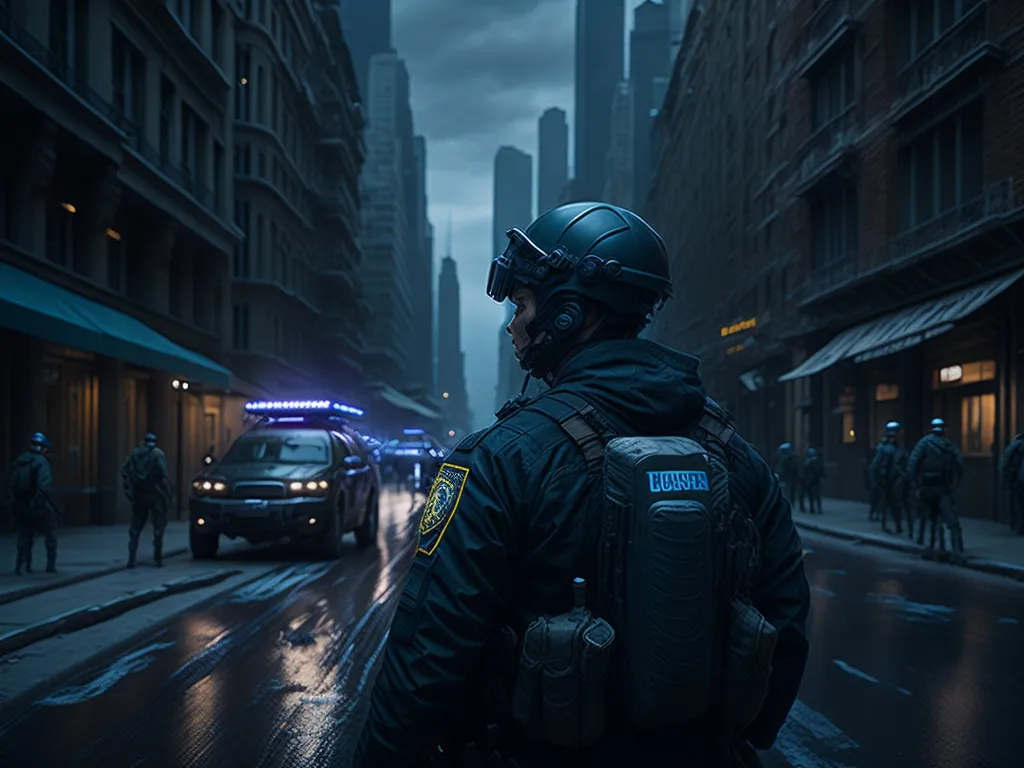Mobile Patrols vs. Traditional Security: Which Is Right for Your Business

19Oct2023
- Which security approach is more cost-effective for my business, mobile patrols, or traditional security services?It depends on your budget and specific needs. Mobile patrols are cost-effective for larger areas, while traditional security is better for smaller locations.
- I have a retail business with a focus on customer interaction. Which security option is better for customer safety and a positive experience?If customer interaction is crucial, traditional security services are the way to go. They enhance safety and provide a welcoming presence.
- What's the main difference in response time between mobile patrols and traditional security services?Mobile patrols have faster responses within their designated route, while traditional security services may have slightly longer response times.
- How do mobile patrols and traditional security services deter criminal activity?Mobile patrols deter criminals through marked vehicle presence, while traditional security deters crime with a visible, continuous presence in a specific area.
- We have a large industrial facility with multiple entry points. Can mobile patrols cover our security needs effectively?Yes, mobile patrols are a great fit for large properties with multiple access points.
![]() Get In Touch
Get In Touch
Please share your message here..




